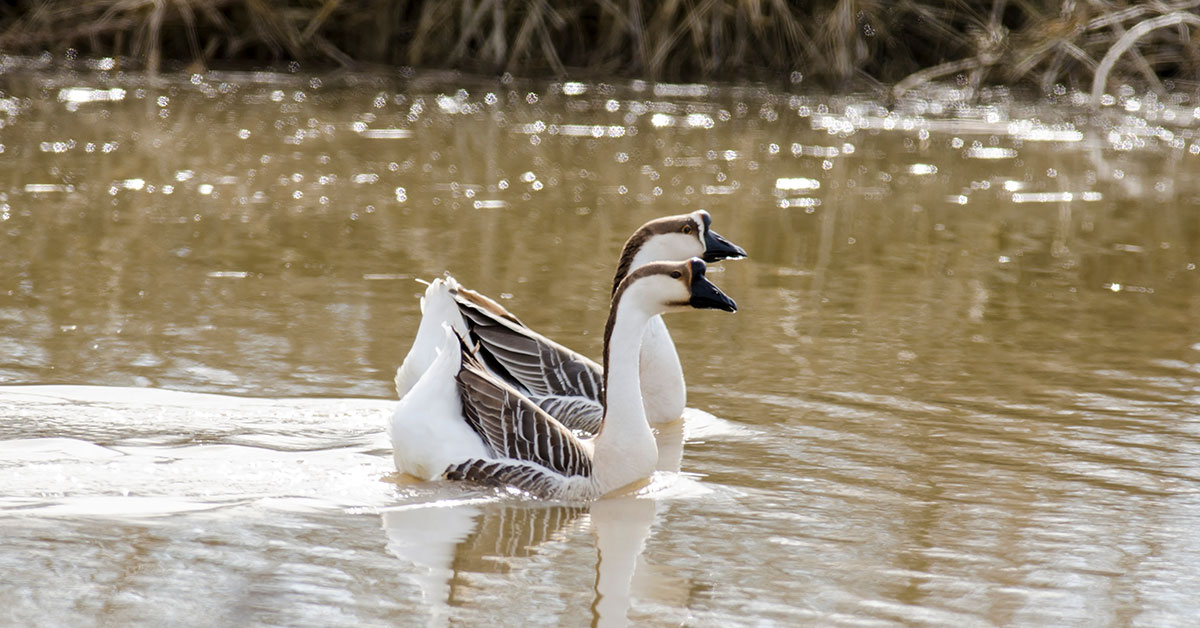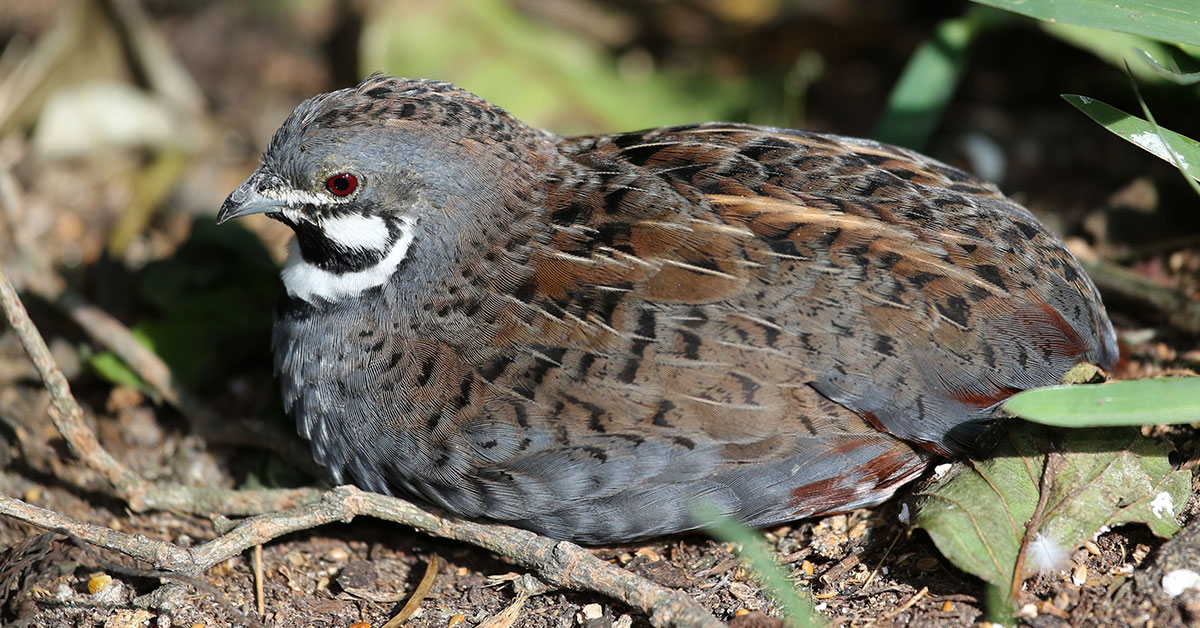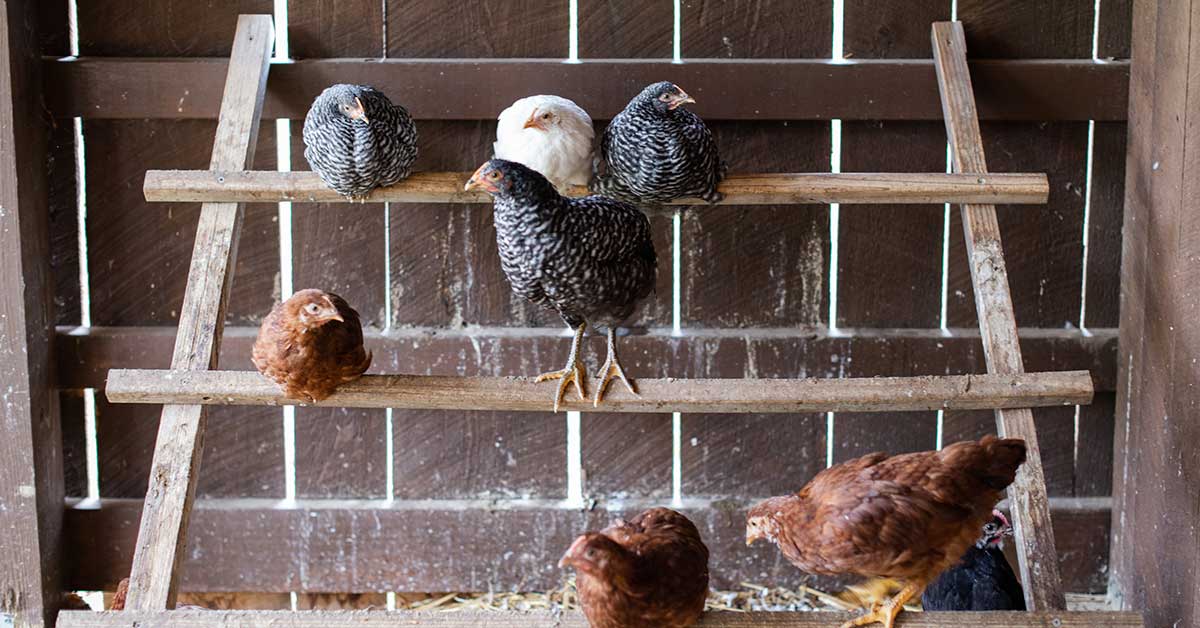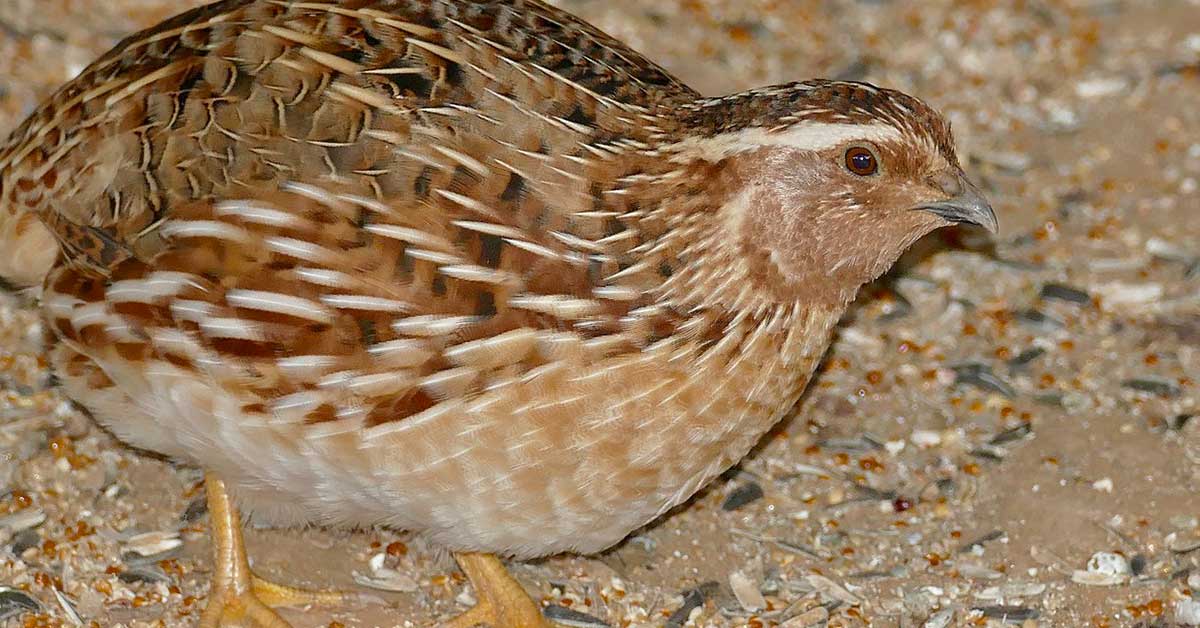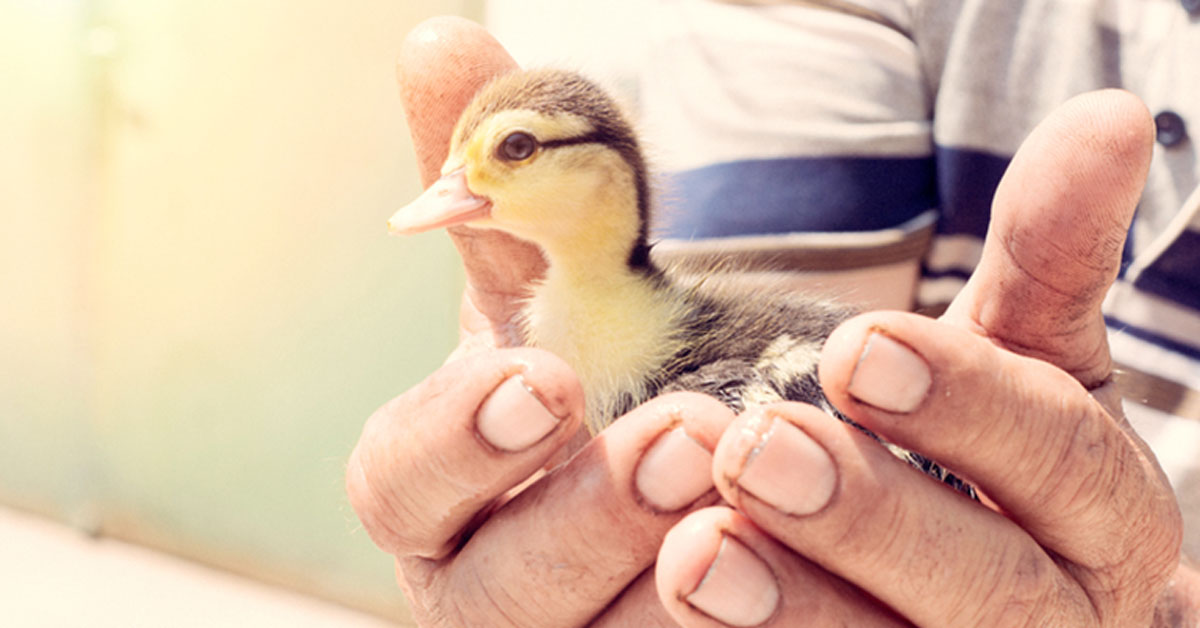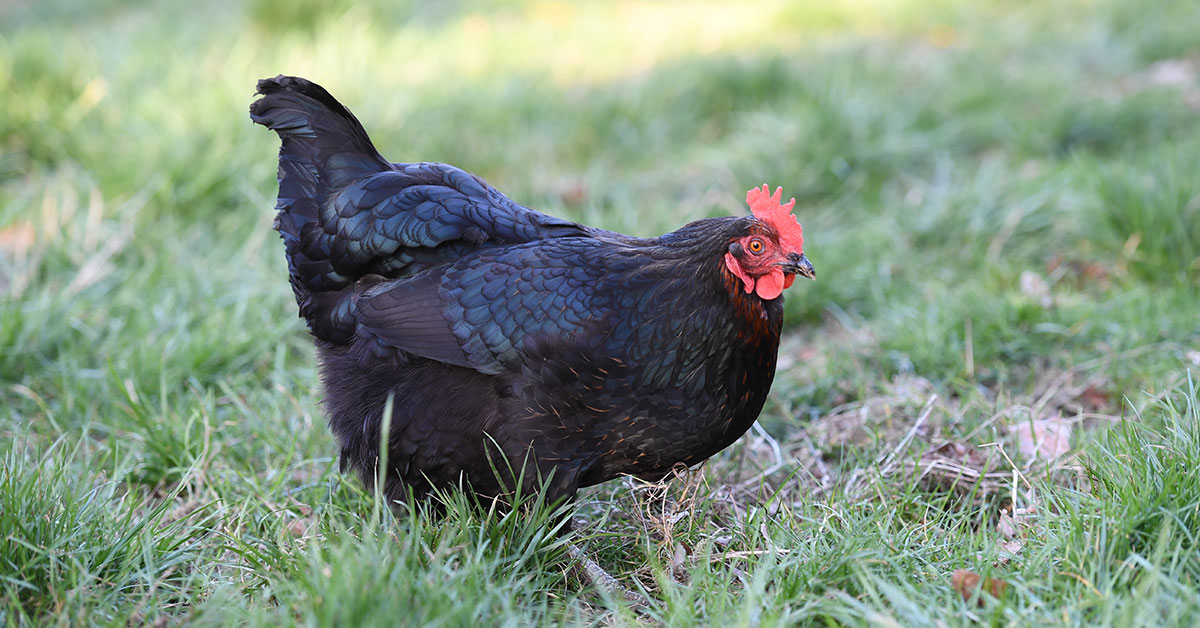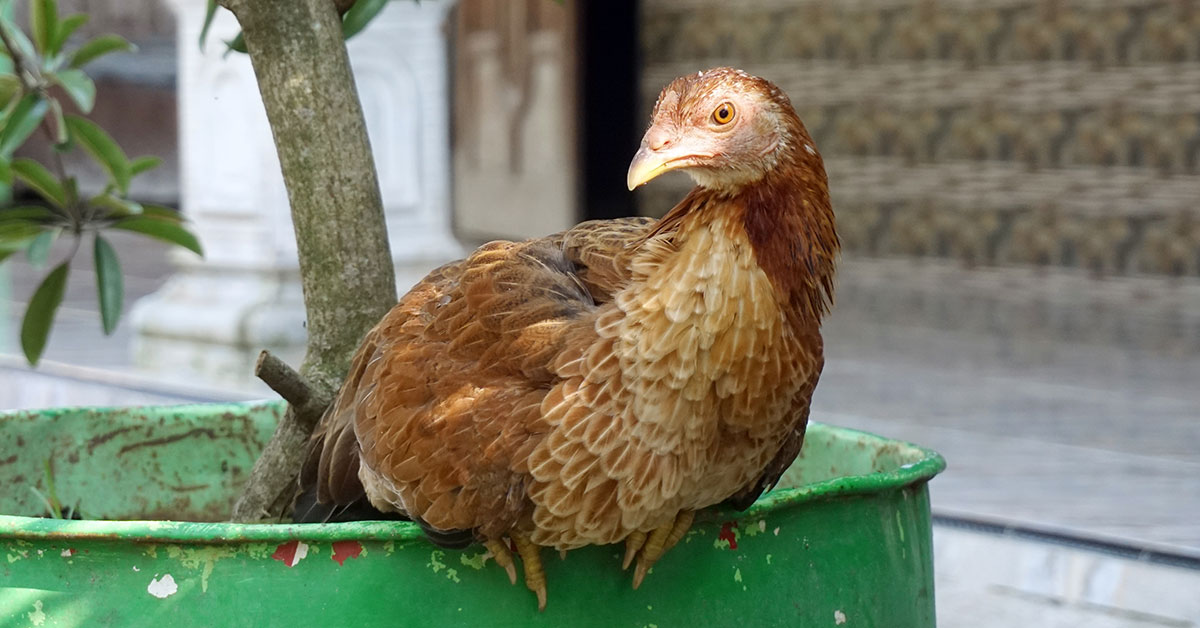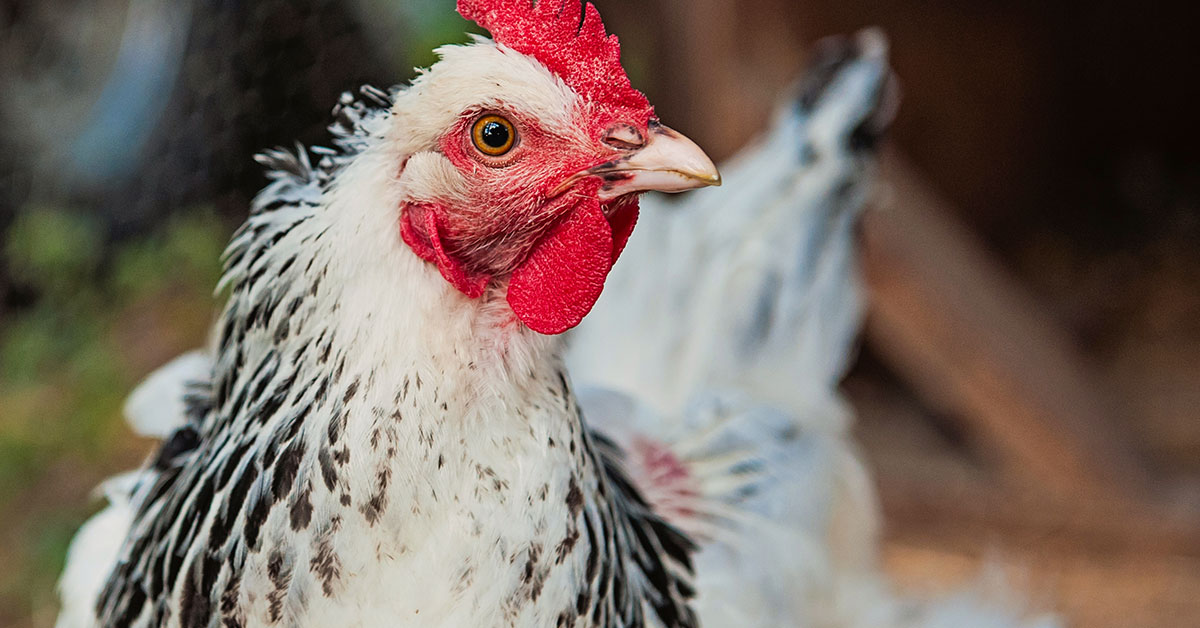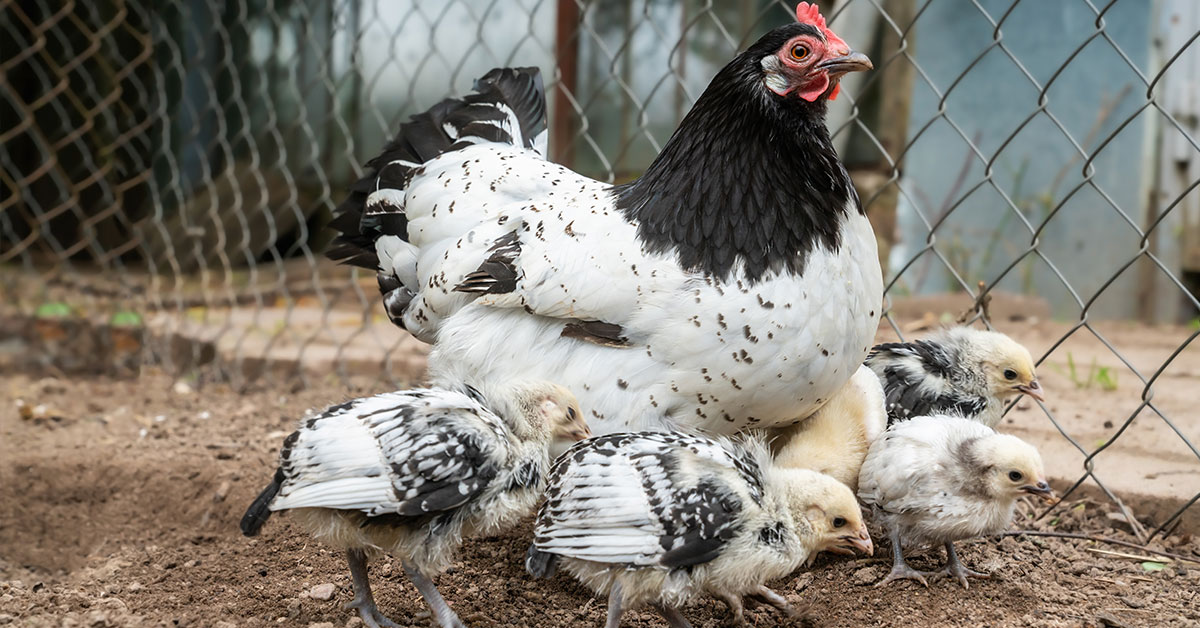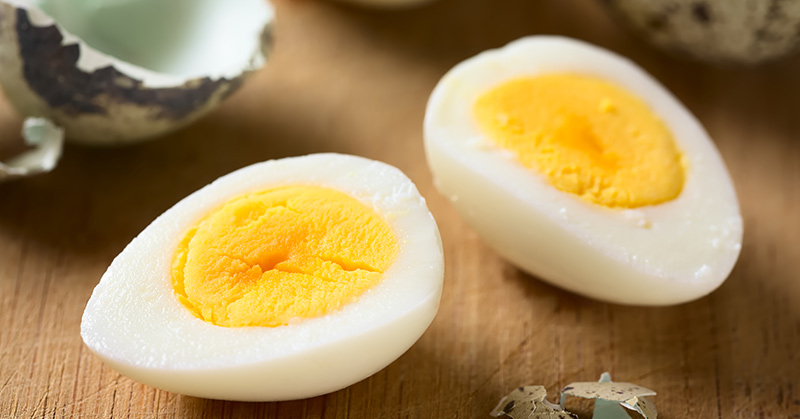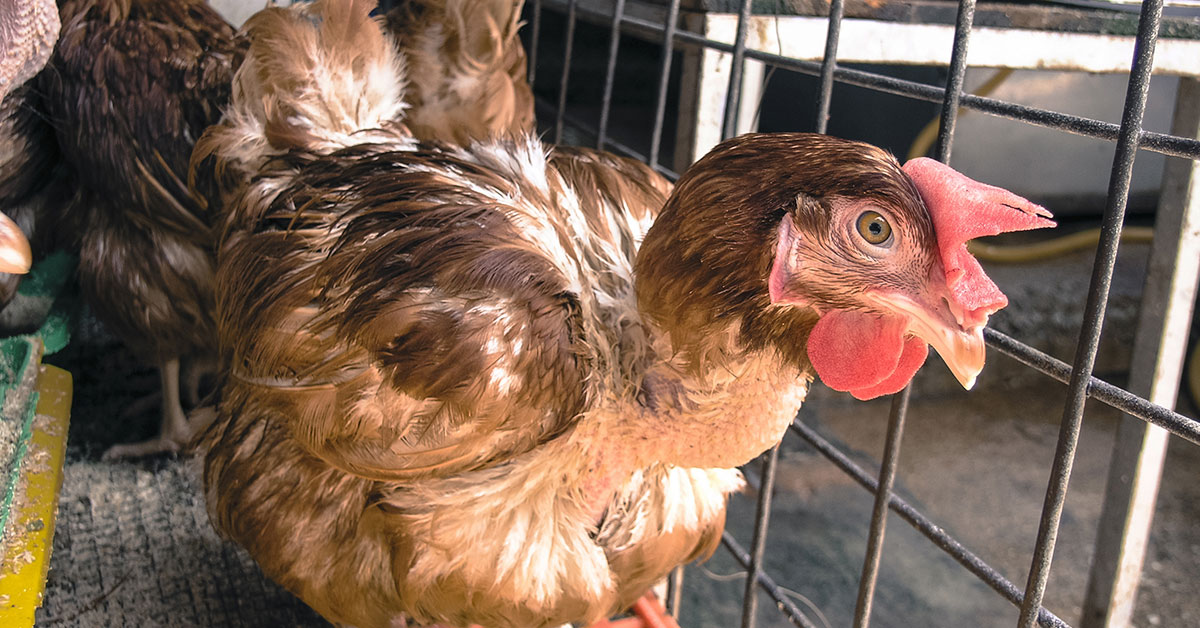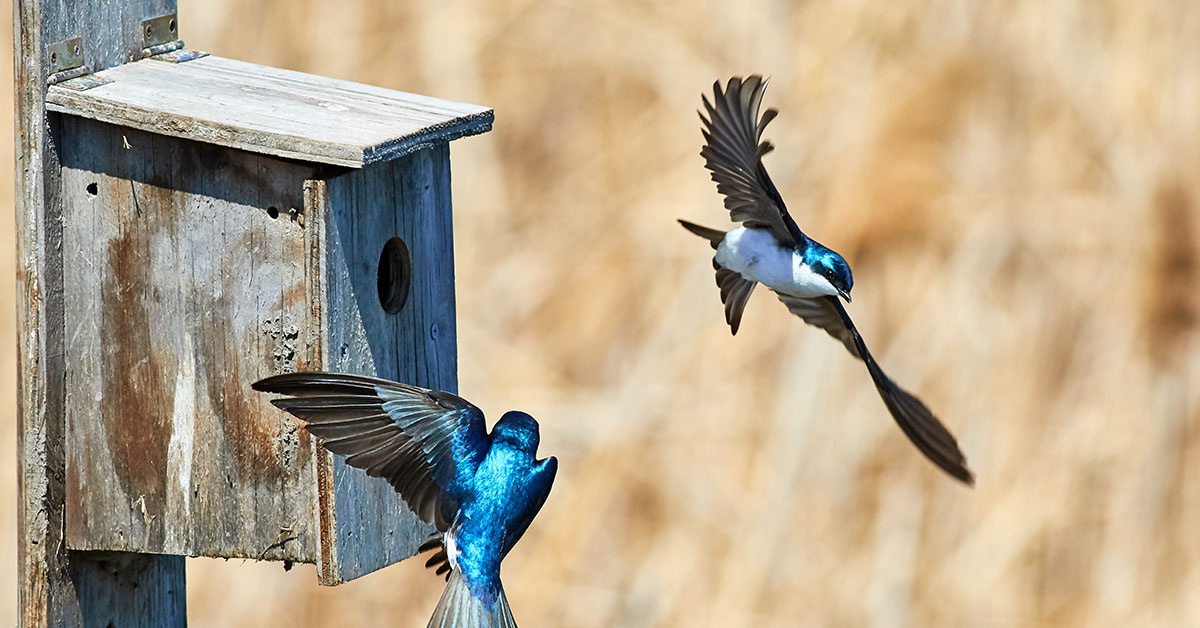Chinese geese are a domesticated breed of geese that have been raised for thousands of years for their meat, eggs, and ornamental value. They are one of the most popular and recognizable goose breeds in the world, known for their striking appearance, docile temperament, and excellent meat and egg production.
In this article, we will take a closer look at the history, appearance, temperament, and uses of Chinese geese, as well as their care and breeding requirements for those interested in raising these beautiful birds. Whether you are a backyard farmer, a homesteader, or simply a lover of geese, the Chinese goose is a breed that is sure to capture your heart and imagination.
Appearance
Chinese geese are medium to large-sized domesticated geese that are known for their distinctive appearance. They have a plump, round body with a slightly curved neck and a large, broad head. Their beak is strong and slightly curved, and their eyes are bright and alert.
Chinese geese have a unique knob at the base of their beak, which is more pronounced in males than females. The knob is made of cartilage and serves no functional purpose, but is highly prized by breeders as a defining characteristic of the breed.
The feathers of Chinese geese are typically white, although some may have gray or brown markings on their wings or back. Their legs are orange or pinkish in color, and their feet are webbed for swimming.
Overall, Chinese geese have a regal and elegant appearance, with a sturdy and well-proportioned body and distinctive knob on their beak. They are a popular choice for both ornamental and practical purposes, and are highly valued for their meat and egg production as well as their striking appearance.
Purpose
Chinese geese are a highly valued breed of domesticated geese that are raised for both their meat and eggs. They are known for their excellent egg-laying abilities, with hens capable of laying up to 100 eggs per year. Chinese goose eggs are larger than chicken eggs, with a creamy white color and a rich, flavorful taste.
In addition to their egg-laying capabilities, Chinese geese are also highly prized for their meat. The meat of Chinese geese is lean and flavorful, with a tender texture and a delicate, gamey flavor. It is often compared to the taste of roast beef or dark turkey meat, and is highly sought after by gourmet chefs and food enthusiasts.
Overall, Chinese geese are a versatile breed that offers both excellent egg-laying abilities and high-quality meat, making them a popular choice for backyard farmers, homesteaders, and those who appreciate the value of self-sufficient living.
Origins
The Chinese goose is one of the oldest domesticated breeds of geese in the world, with a history that can be traced back over 4,000 years to ancient China. The breed was first developed in the Yangtze River delta region of eastern China, where geese were raised for both their meat and their ability to act as watchdogs, alerting farmers to the presence of intruders.
Over time, Chinese geese were imported to other parts of the world, including Europe and North America, where they became popular for their ornamental value as well as their practical uses. Today, Chinese geese are raised around the world for their meat, eggs, and as pets or ornamental birds.
Due to their long history of domestication, Chinese geese have been selectively bred for certain traits, including the distinctive knob on the base of their beak, which is highly valued by breeders and is considered a defining characteristic of the breed. Despite their long history, however, Chinese geese remain a popular and highly respected breed of domesticated geese, appreciated for their beauty, usefulness, and unique cultural heritage.
How Long Do Chinese Goose Eggs Take To Hatch
Chinese goose eggs take around 28-35 days to hatch, depending on the incubation temperature and humidity. The eggs are large and can weigh up to 7 ounces each. Chinese geese are excellent parents and will diligently care for their eggs and young. However, if you are incubating eggs yourself, it is important to monitor the temperature and humidity carefully to ensure successful hatching.
What do Chinese geese eat?
Chinese geese are omnivorous and primarily feed on a diet of grasses, weeds, and other plant matter. In addition to foraging on grasses and other vegetation, they may also eat insects, snails, and other small invertebrates that they find in their environment.
Domesticated Chinese geese are typically provided with a balanced diet that includes a combination of commercial poultry feed and fresh produce such as fruits and vegetables. High-quality poultry feed should make up the majority of their diet, with fresh produce provided as a supplement.
When feeding Chinese geese, it is important to ensure that they have access to clean, fresh water at all times. Geese require plenty of water for digestion and hydration, and providing them with a clean source of water can help prevent health problems such as dehydration and digestive issues.
Providing a balanced and nutritious diet is an important aspect of caring for Chinese geese and can help ensure that they remain healthy and happy.
Chinese geese lifespan
Chinese geese, like other domesticated geese, can live for an average of 10-15 years with proper care and nutrition. However, some individuals have been known to live longer, up to 20 years or more, in ideal conditions.
Factors such as genetics, diet, and environment can all play a role in determining the lifespan of a Chinese goose. Providing a balanced and nutritious diet, a safe and comfortable living environment, and regular veterinary care can help ensure that your Chinese geese live a long and healthy life.
Caring For Pet Geese
Caring for pet geese can be a rewarding and enjoyable experience, but it also requires a significant amount of time, effort, and knowledge. Here are some basic guidelines for caring for pet geese:
- Housing: Geese need a safe and secure place to live, preferably with access to water for swimming and bathing. A sturdy, predator-proof shelter is essential, as geese are vulnerable to attack from predators such as raccoons, foxes, and dogs. The shelter should be spacious enough to allow the geese to move around freely and provide adequate ventilation. Geese also need a nesting area where they can lay their eggs.
- Feeding: Geese are herbivores and require a diet that is high in fiber and protein. A balanced diet should include a variety of foods, such as grass, grains, vegetables, and fruit. Geese also require access to fresh water at all times.
- Health care: Geese require regular veterinary care, including vaccinations and routine check-ups. It’s important to monitor their health closely and watch for signs of illness, such as loss of appetite, lethargy, or respiratory issues. Geese are susceptible to a variety of health issues, including parasites, respiratory infections, and injuries.
- Exercise: Geese need plenty of space to exercise and forage, ideally in a large outdoor area where they can graze on grass and other vegetation. They also enjoy swimming and bathing, so access to water is important.
- Socialization: Geese are social animals and thrive in groups. It’s important to provide them with companionship, whether from other geese or from other animals, such as ducks or chickens.
Overall, caring for pet geese requires a significant amount of time, effort, and knowledge. It’s important to research the specific needs of your geese and provide them with a safe and healthy environment. With proper care and attention, pet geese can be a rewarding and enjoyable addition to your household.
